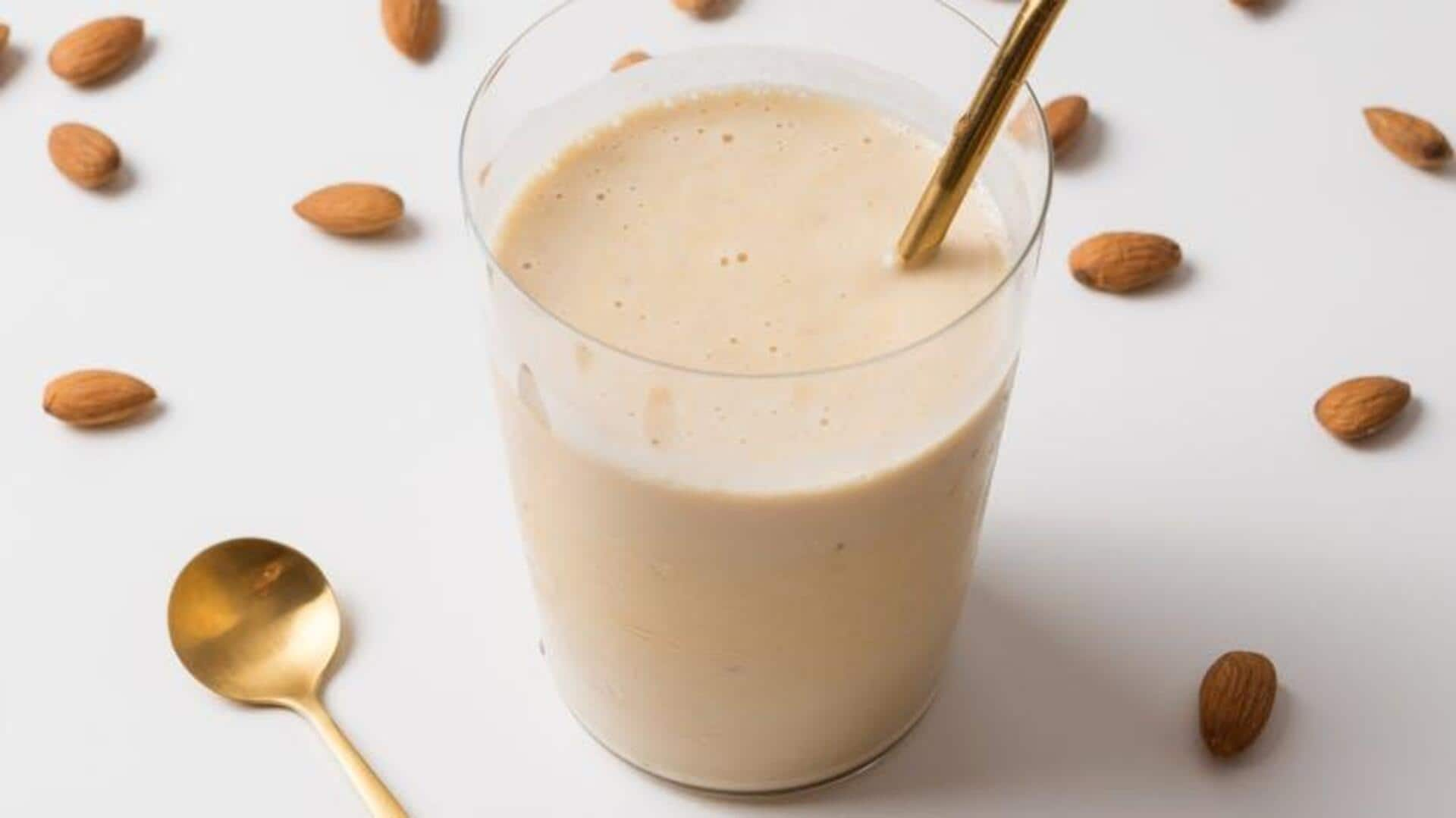
Exploring plant-based milks in African cuisine
What's the story
The worldwide trend toward plant-based diets isn't leaving Africa behind. Africa's rich ecosystems are teeming with plant options, and unique, nutrient-packed milks are the latest craze. These alternatives are perfect for vegans, vegetarians, and anyone with lactose intolerance. Plus, they're adding a whole new layer of deliciousness to African cuisine. Think tiger nut, coconut, baobab fruit, soybean, and almond milk flavors. Yum!
Tiger nut
Tiger nut milk: A nutritious delight
Tiger nut milk (aka Horchata de Chufas in Spanish regions) is derived from the tubers of the tiger nut plant. Highly consumed in West Africa, it boasts high fiber content, vitamins C and E, and essential minerals such as magnesium and iron. Its sweet, nutty taste makes it a popular choice for refreshing beverages, and it also promotes better digestion.
Coconut
Coconut milk: A tropical staple
Coconut milk, squeezed from the pulp of a mature coconut, is the secret sauce in many flavorful African coastal dishes and traditional stews. It's particularly popular in East Africa, where it adds creamy goodness to curries, soups, and rice dishes. This milk is a good source of medium-chain triglycerides (MCTs), which are beneficial for heart health.
Baobab
Baobab fruit milk: An exotic choice
The baobab tree holds a place of deep respect throughout Africa, its mighty silhouette symbolizing life-sustaining nourishment. To create baobab fruit milk, simply combine the powdered fruit with water or another base liquid of your choice. This produces a vitamin C, potassium, calcium, and antioxidant-rich elixir. With a tangy flavor profile, it's perfect for enhancing smoothies or enjoyed as a revitalizing standalone drink.
Soybean
Soybean milk: A protein powerhouse
Soybean milk may have originated from East Asian cuisines, but it has become a staple in some parts of Africa due to its high protein content. It is a crucial source of protein, particularly in areas where meat intake is low due to cost or vegetarian diets. You can add vanilla or sweeteners to soybean milk to improve its taste. No wonder, kids love it too!
Almond
Almond milk: Gaining popularity
While almond milk is not traditionally African, it has become a trendy staple in urban centers across the continent thanks to the global shift toward plant-based diets. Produced by blending almonds with water and then straining out the solids, almond milk provides a creamy texture reminiscent of dairy without the presence of lactose. This makes it an excellent option for individuals with lactose intolerance or dairy allergies.